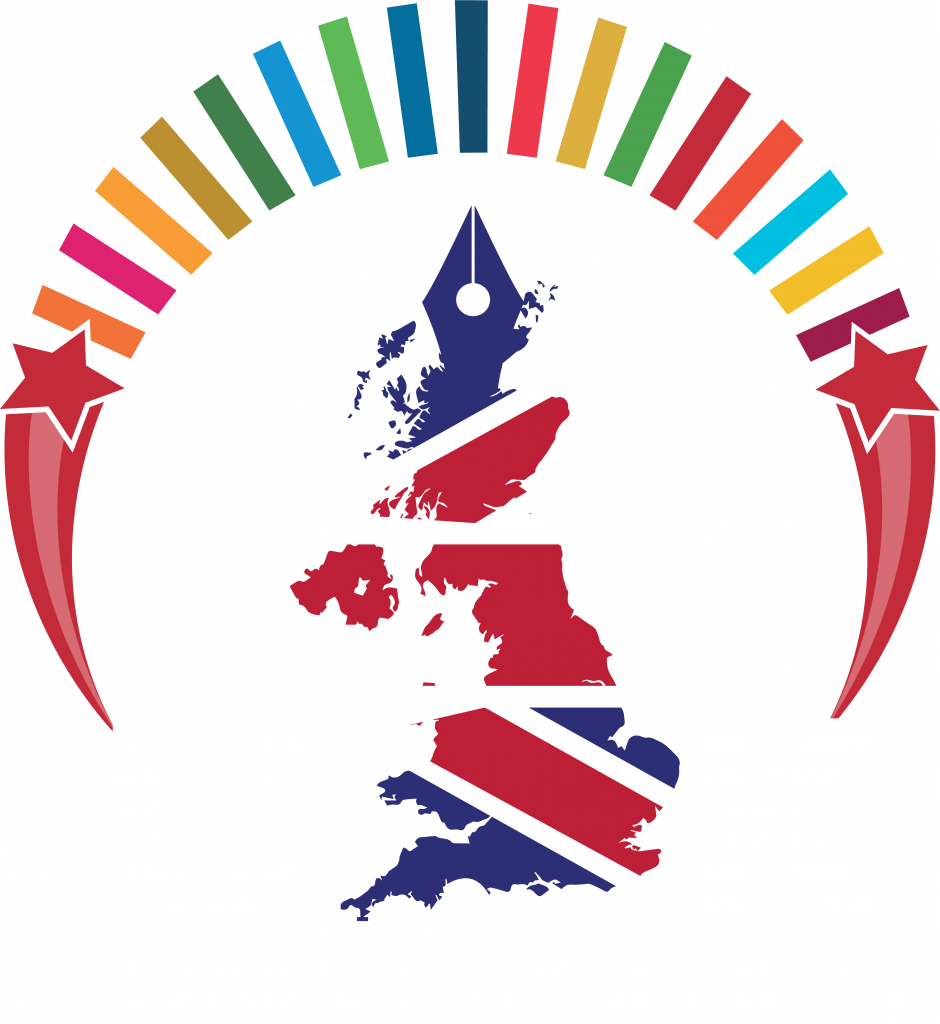UK (University of Leeds) Explore, learn and create at Be Curious 2022

Be Curious, the University of Leeds’s annual research event, is back on campus for the first time since going virtual in 2020.
On Saturday 7 May 2022, 10am-4pm, the University will be open to the public for a day of free, fun family-friendly activities. From crafting a community blanket to taking part in a chocolate trail, there will be over 35 interactive stalls and activities to get involved in.
New for 2022 is the Be Curious Tinker Space, which encourages families to spend time getting back to all things hands-on.
This year, Be Curious is excited to welcome Opera North, the Thackray Museum of Medicine and Unlimited Theatre for a series of exciting performances, workshops and tours, along with the M&S Archive which will be open for additional family fun all day.
In addition to the live events, explore two minute wow demonstrations, experiments, demos and explainer videos via the Be Curious website.
Dr Alexa Ruppertsberg, Head of Public Engagement with Research, said: “We have loved bringing Be Curious into everyone’s homes over the past two years, but we can’t wait to bring everyone together on campus again with Be Curious 2022.
“With 35 activities to choose from, this is a great opportunity to get hands-on and find out more about what really goes on inside a university. You might even get to meet a real-life robot!”
The programme is split into six themes:
• Caring for health
• Enabling sustainable lives
• Inspired innovation and discovery
• Supporting society
• Tinker Space
• Performance, workshops, tours and more
There is no need to book and all activities are free. The full line-up of events can be found on the Be Curious website.
Programme highlights
Help us design a new drug!
Drugs act on proteins to help fight diseases, and structure-based drug design can help us to find new medicines quickly and more cheaply. Using protein structures, learn how new drugs are discovered, and help us to design potential new treatments for COVID-19.
How green is your t-shirt?
Fast fashion is a big business, but have you ever wondered where your favourite t-shirt comes from, how it was made and who made it? Join us to explore the worldwide journey your clothes take and what you can do to be fashionable and sustainable.
Adventures in astronomy
Join us on an adventure through the universe! Marvel at the most beautiful images in astronomy and learn about the night sky above Leeds. Build a comet, become your favourite planet, and see other worlds come to life in 3D.
Artificial intelligence: ‘New Kid on the Block’ for home assistance
Robbie, the Home Care Robot, will show you how house-bound individuals will be assisted at home in their day-to-day activities. Ask Robbie your questions, learn about the circulation system and help us to put our model of the human body back together again.
Belonging through creativity
Can creativity help you to feel connected to your family, friends and people around you? Come along and help us to create a beautiful structure that shows the connections between what’s important to you, the people who support you, and your sense of belonging.
Big and Small
Big and Small is an interactive game show where you settle a scientific argument: which one is superior – the big or the small? Fighting for the Big is PhD student Affelia Wibisono from UCL, who studies the biggest planet in our Solar System – Jupiter. In the other corner is Leeds PhD student Alex Holmes, who studies the Small side of life in the form of proteins. Their aim: convince you that they have the snazziest equipment, the most beautiful data and the greatest impact on your lives.
Be Curious READ
Commissioned by the Cultural Institute as part of the Inspired by Bragg cultural programme, we are proud to present ‘That’s Amazing, Mum!’; a free children’s book which has been created as part of Be Curious READ.
Be Curious READ aims to turn research at the University into enjoyable books for children to inspire their curiosity and creativity.
‘That’s Amazing, Mum!’ follows a family exploring the science that impacts their everyday life, through research undertaken by Mum and her co-workers at the Bragg Centre for Materials Research.
2,000 copies will be printed and distributed to local families for free in partnership with local charities and community groups. A copy will also be offered to each primary school in Leeds.
Dr Catherine Davies, Associate Professor in Language Development and Leeds Child Development Unit lead said: “Reading and listening to stories is one of the best ways to help children develop their language. Children who read regularly with an adult learn more words, get to know more sentence types, and develop a better understanding of story structures.
“It can help their concentration, emotional learning, and their abilities to see other points of view. It’s also a lot of fun!”
